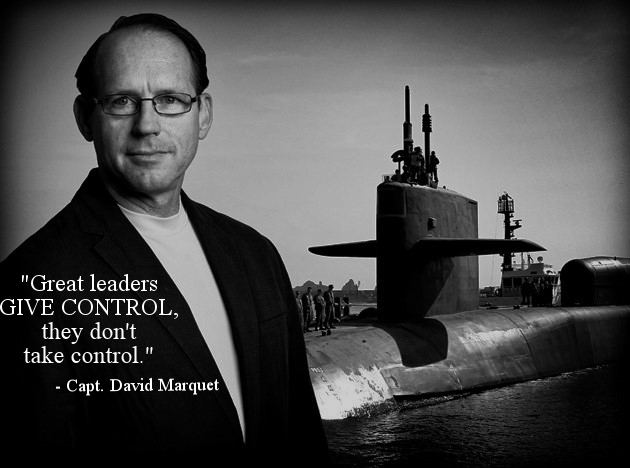Last night, my mother-in-law talked with me about the loss of her husband and about all the "stuff" that he accumulated like tools, notes from his Bible studies, knick-knacks and other things—they really don't matter now. When we go through his stuff, we throw most of it out. It was a numbing thought, but then we talked about what did matter. There were a few physical items that mattered only because they help us remember my father-in-law when he was here with us, but as we discussed what really mattered, it was obvious that it was the relationship that we had with him. The memories of him, of his face at certain moments, in times of pain and in times of immense joy. The times in the truck with him when he would let me drive. The times when I would do something well and he would pat me on the back and give me a word of encouragement.
As I reflected on this, what really mattered to me was the time that was spent in building our relationship that drives my memory of him now that he is gone. And for my father-in-law, time is what mattered when he was here with us. I wish I had more time with him, but I am so thankful and blessed for the time that we were able to spend together.
You're probably thinking: "What about time? Seriously? What does that mean?" Spending time with someone says to them that you care, that you could be doing something else, but you'd rather be with them. It builds stronger relationships, which in turn, builds a deeper foundational trust. This trust is what I believe is the most significant factor for the success of a business, a service organization, a university or a family.
““To lead people, walk beside them ...
As for the best leaders, the people do not notice their existence.
The next best, the people honor and praise.
The next, the people fear; and the next, the people hate ...
When the best leader’s work is done the people say,
We did it ourselves!””
In my experience, it is so important in every setting for leaders to spend time with those they lead (and not just your direct reports!). This means spending time with people that are two, three or four levels down in the organization (depending on what level you are in the company). This allows you to build incredible relationships so that you gain trust, better understand your organization, gain feedback on how departments are running and how they are being led, and what processes or systems need to be "tweaked."
In Captain (Retired) L. David Marquet's book, Turn the Ship Around, he writes about how to turn followers into leaders. One concept he talks about is "to think out loud." He says, "When I, as the captain, would 'think out loud,' I was in essence imparting important context and experience to my subordinates. I was also modeling the lack of certainty as strength, and certainty is arrogance." Captain Marquet also had to be in the presence of his subordinates where they could hear him and he could hear them. "To think out loud" opens up a deeper part of yourself and allows others to get to really know you to the depth of your thoughts.
I believe that all leaders within an organization need to be intentional about scheduling time to be with their people. One suggestion would be to go to specific departments and connect with the first person you see sitting at their desk. Show genuine interest and ask questions like, "How are you doing? How is your family? How is the department doing? How is your boss? Do you like them? Do you like working for our organization? What can I do better? How can I help you in your job? What is the vision of our organization?"
This really is just a time to get to know your people a bit. And then, when there is a good time to transition, move on to another person in the department at a different level in the organization and spend time with them. Document who you saw by name so that you remember them. That way, the next time you see them in the hall, you can call them by name. Remember them. Each person is important, and if you truly believe that, it will show in your authenticity towards them.
The real question is: "Do you really want to change the culture of your whole organization?" I challenge you to be the example and be intentional in taking time with your people. After you have done this for awhile, lay down some expectations for your direct reports to do the same with those they lead, and have them lay down expectations for their direct reports. Can you imagine the impact that it would have in driving relationships and trust across your organization? Imagine how much feedback you would receive and how many trust stones would be laid in the foundation of the organization.
I challenge you to take time for your most important resource: your people. Try it for three months (12 weeks). Go and spend one hour with someone that you lead or a department that you work with. Sit with someone that you don't really know and truly get to know them. Take time with your people, build relationships and develop trust. I believe that this is the most important job of a leader and especially of an executive leader.



